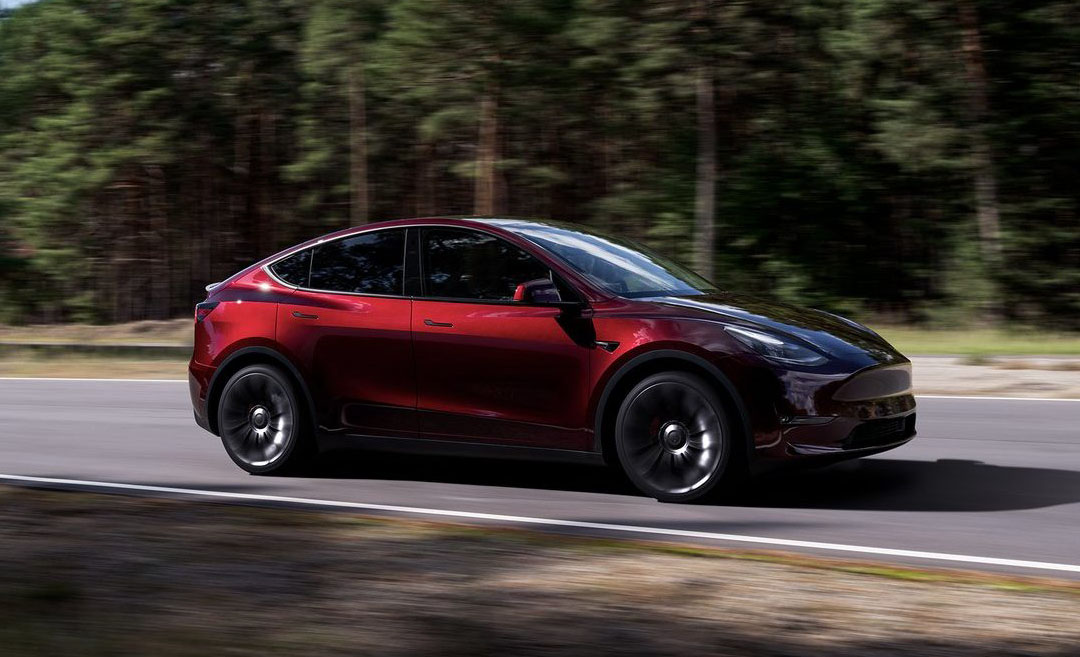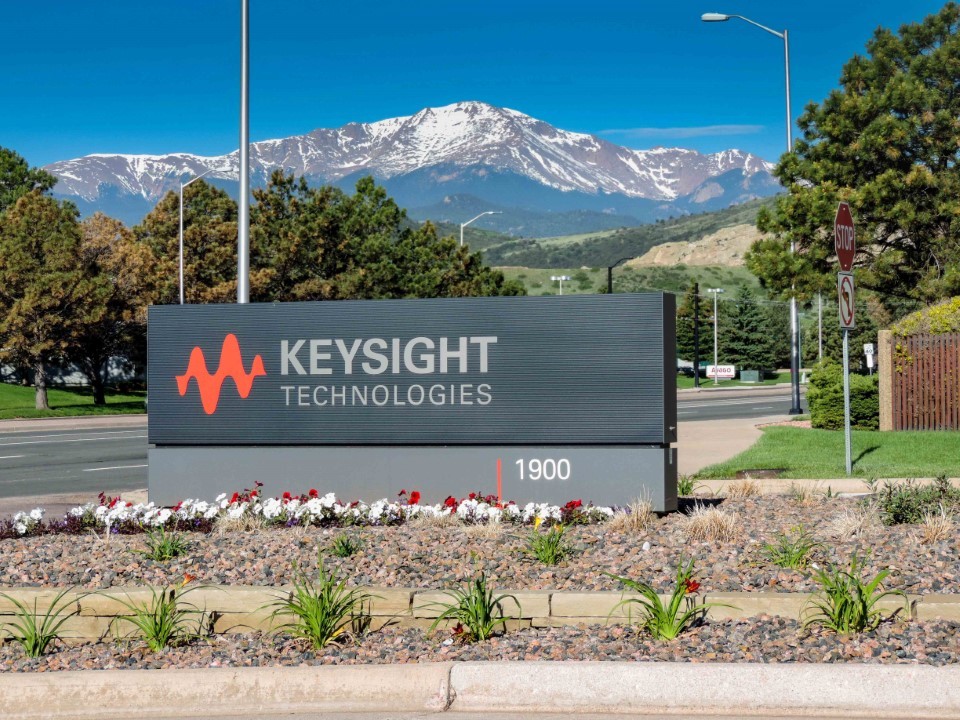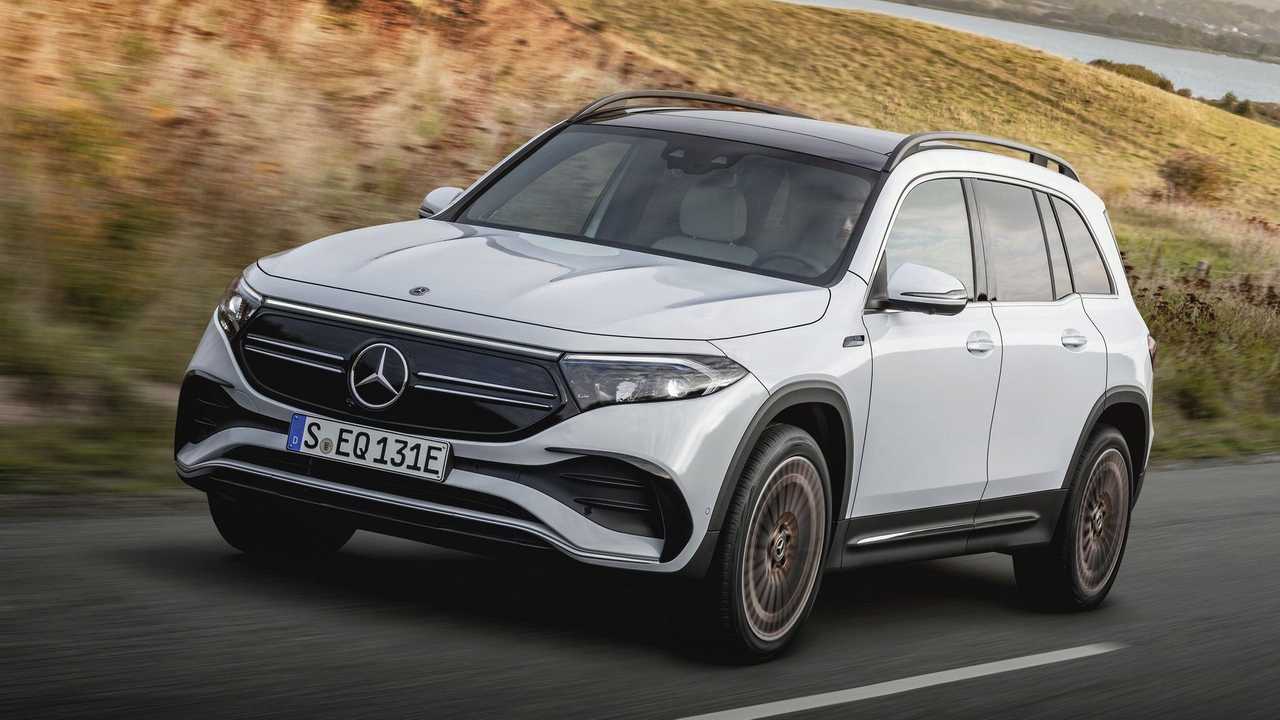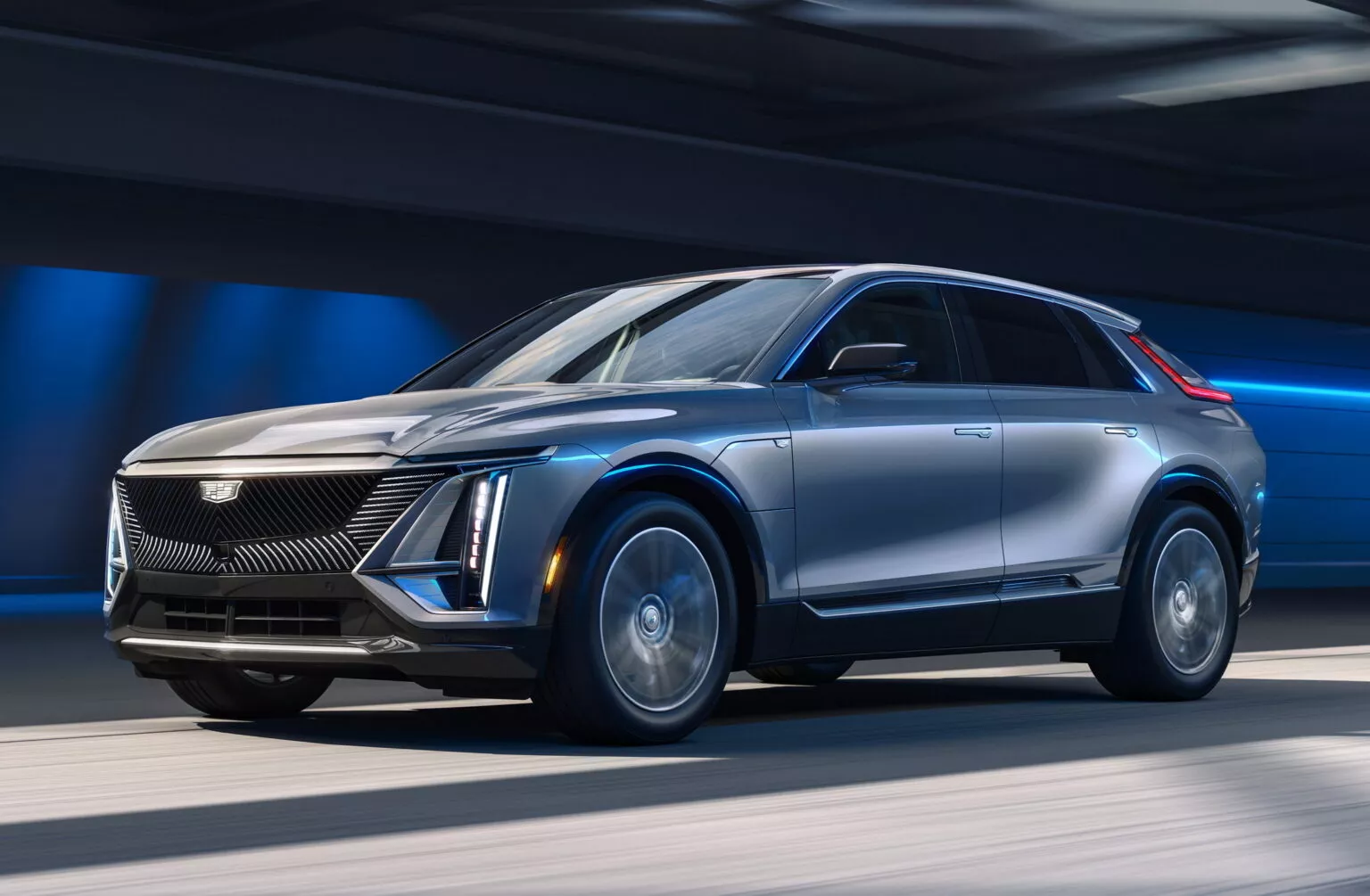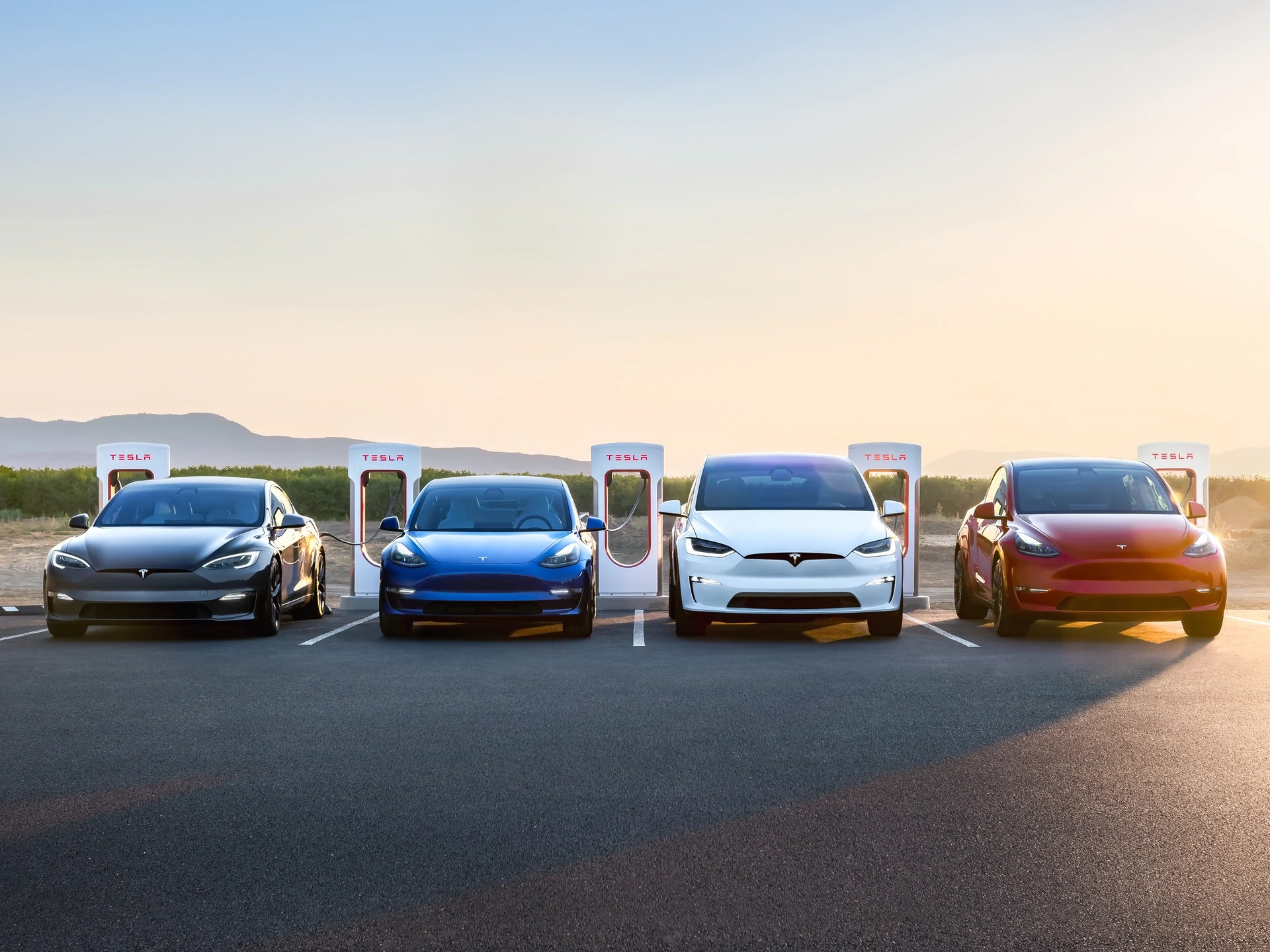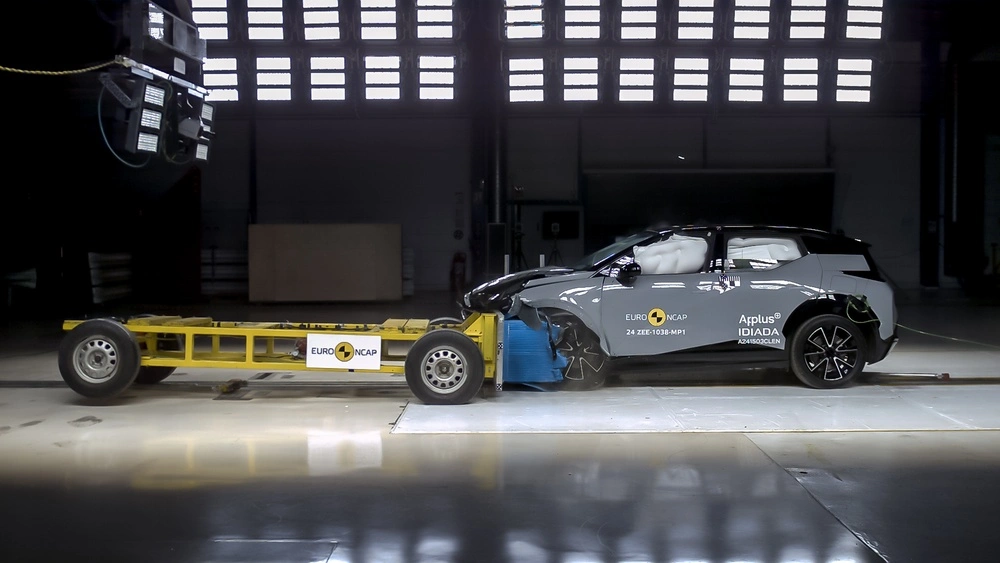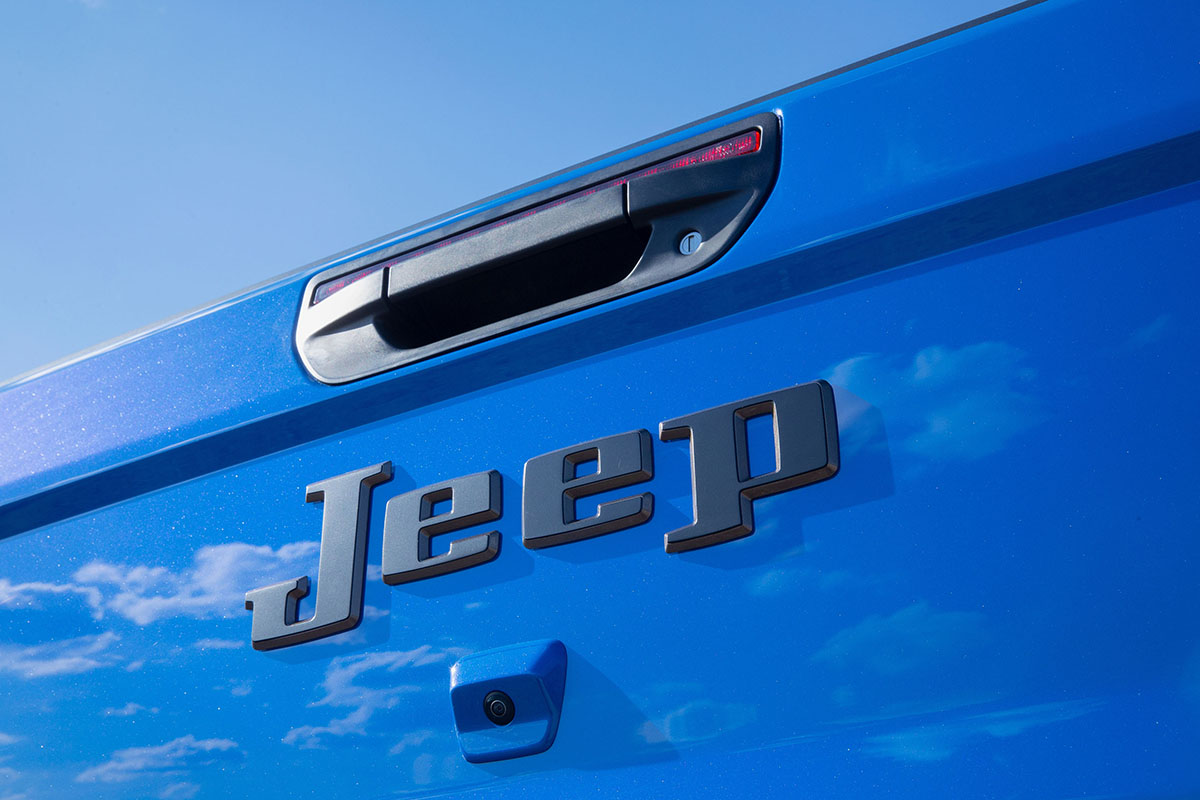U.S. auto safety investigators are intensifying their scrutiny of Tesla’s December recall of over 2 million vehicles to install new Autopilot safeguards. The National Highway Traffic Safety Administration (NHTSA) is seeking detailed answers and documents from Tesla after receiving reports of 20 crashes involving vehicles that had the Autopilot software updates installed as part of the recall.
The NHTSA’s probe, initiated last month, focuses on concerns regarding Tesla’s recall, which the agency identified as having “several concerns.” Tesla’s largest-ever recall in the U.S., covering 2.03 million vehicles, was aimed at ensuring drivers pay attention while using its advanced driver assistance system.
The recall investigation covers Tesla models Y, X, S, 3, and Cybertruck vehicles in the U.S. equipped with Autopilot produced between the 2012 and 2024 model years. Tesla has repeatedly emphasized that Autopilot does not make vehicles self-driving and requires a fully attentive driver with hands on the steering wheel.
In response to the NHTSA’s information request letter, Tesla has not yet commented. The agency is seeking comparative data on the performance of vehicles after receiving the recall, including the number of hands-on wheel warnings issued. Concerns arose after the 20 crashes and preliminary NHTSA tests following Tesla’s five-part recall remedy.
One issue under investigation is Tesla’s recall allowing drivers to set how they activate Autopilot, either with a single-pull or double-pull of the drive stalk. The NHTSA’s letter noted that the single-pull activation “is not the default setting on vehicles that received the remedy in the field,” and testing showed it was possible to make this change while driving.
NHTSA also highlighted additional updates made by Tesla to reduce crashes, including high-speed captive turn lane collisions, which are not part of the recall. The agency intends to assess the timing and driving factors behind these updates and their impacts on the field performance of subject vehicles.
Last month, NHTSA found evidence suggesting that “Tesla’s weak driver engagement system was not appropriate for Autopilot’s permissive operating capabilities,” leading to a “critical safety gap.” The agency had launched its Autopilot safety probe in August 2021, identifying at least 13 Tesla crashes involving at least one death and many more involving serious injuries due to “foreseeable driver misuse of the system.”

